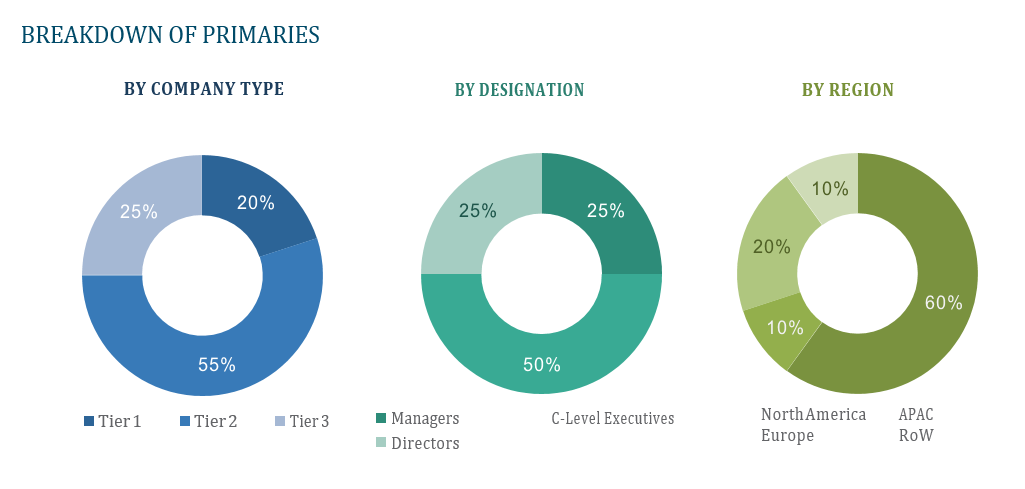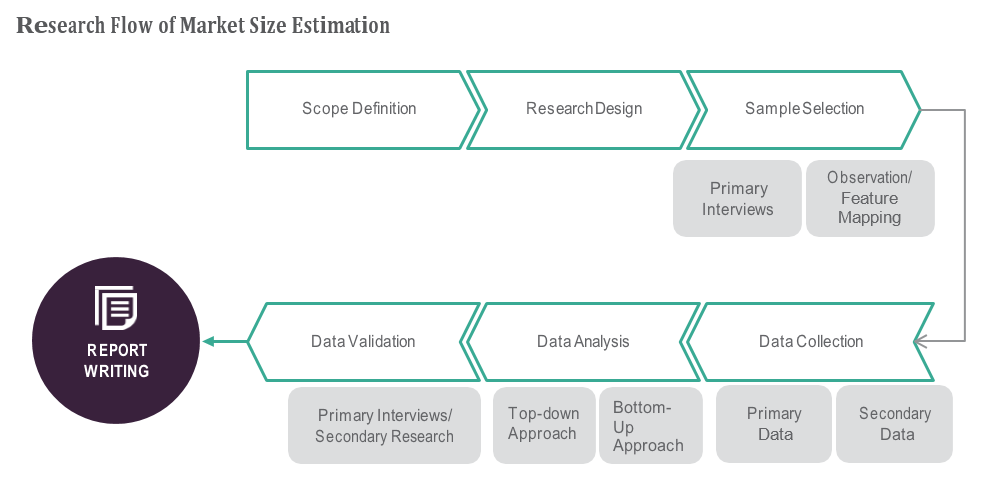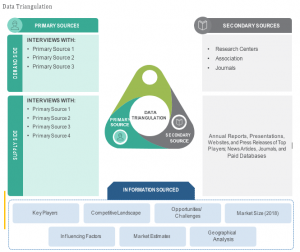OVERVIEW
Research by Global Market Studies has reported a CAGR of 7.94 % for the Hall-Effect Current Sensor Market, expecting to expand to a value of USD 2409.44 million by 2028.
Hall-effect current sensor is a type of device used to measure electric current. It utilizes the Hall effect, which is the generation of a voltage difference across an electrical conductor when a magnetic field is applied perpendicular to the current flow. This voltage difference is proportional to the current passing through the conductor, allowing the sensor to measure the magnitude of the current without the need for direct electrical contact.
Hall-effect current sensors are essential in power electronics, automotive, industrial automation, renewable energy, consumer electronics, telecommunications, and aerospace and defense applications. They measure and control current in components like inverter circuits, motor drives, and power supplies.
Table of Content
Market Dynamics
Drivers:
The increasing demand for energy efficiency in industries like automotive, industrial automation, and consumer electronics is driving the adoption of Hall-effect current sensors. These sensors enable precise monitoring and control of current flow, optimizing energy usage and reducing power wastage. Electric vehicles and hybrid vehicles also require current sensors in battery management systems and motor control units.
Industrial automation and robotics demand accurate current sensing for monitoring and protecting electrical components. Hall-effect current sensors are ideal for renewable energy integration, as they measure high currents accurately. As electronic devices become smaller and more compact, there is a need for miniaturized and efficient current sensing solutions. Hall-effect current sensors can be designed in compact packages without compromising performance.
Opportunities:
The increasing demand for energy efficiency in industries like automotive, industrial automation, and consumer electronics is driving the adoption of Hall-effect current sensors. These sensors enable precise monitoring and control of current flow, optimizing energy usage and reducing power wastage. Electric vehicles and hybrid vehicles also require current sensors in battery management systems and motor control units.
Industrial automation and robotics demand accurate current sensing for monitoring and protecting electrical components. Hall-effect current sensors are ideal for renewable energy integration, as they measure high currents accurately. As electronic devices become smaller and more compact, there is a need for miniaturized and efficient current sensing solutions. Hall-effect current sensors can be designed in compact packages without compromising performance.
Restraints:
Hall-effect current sensors offer cost-effective solutions but face production and integration costs, which may limit widespread adoption in price-sensitive industries or applications. They are sensitive to temperature variations, which can cause accuracy issues in extreme environments. They have limited current range, making them less suitable for measuring high currents compared to other sensing technologies. They are also prone to magnetic fields, which can affect their accuracy. Proper shielding and design considerations are necessary to mitigate the impact of external magnetic fields.
EMC concerns are also crucial, as Hall-effect sensors can generate electromagnetic interference and may be susceptible to interference from other electronic components. Addressing these concerns is crucial for ensuring reliable performance across a wide temperature range and adhering to strict electromagnetic compatibility standards.
Regional Information:
North America:The United States and Canada have been significant consumers of Hall-effect current sensors, driven by industries such as automotive, renewable energy, and industrial automation. The rise of electric vehicles and smart manufacturing contributed to the increased adoption of these sensors.
Europe: Countries in Europe, including Germany, the UK, and France, have a robust market for Hall-effect current sensors due to their strong presence in automotive manufacturing, industrial automation, and renewable energy sectors.
Asia-Pacific: The Asia-Pacific region, particularly China, Japan, South Korea, and India, has shown substantial growth in the Hall-effect current sensor market. The increasing adoption of electric vehicles, rapid industrialization, and the push towards renewable energy have contributed to the demand for these sensors in the region.
Recent Developments:
• November 2022 – Infineon Technologies AG collaborated with REE Automotive Ltd. The automotive technology company developed the REE modular Electric Vehicle platform which serves as a foundation for a wide variety of electric vehicles types, from robotaxis and commercial vans all the way to electric passenger shuttles.
• October 2022 – Infineon Technologies AG extended their partnership on occasion of Infineon’s OktoberTech™ Asia Pacific 2022 Technology Forum in Singapore. The two companies will set up a joint application competence center focusing on electromobility in Hanoi to accelerate VinFast’s development of solutions for the future of smart mobility. The inauguration of the center is planned in the first quarter of 2023.
• 2022, December – ABB joined with Boliden, the Swedish mining and smelting company, to build a strategic co-operation to use low carbon footprint copper in its electromagnetic stirring (EMS) equipment and high-efficiency electric motors. The aim is to reduce greenhouse gas (GHG) emissions while driving the transition to a more circular economy.
Key Players:
Infineon Technologies AG, ABB Ltd, Asahi Kasei Microdevices Corporation, Honeywell International Inc., LEM Holding SA, Kohshin Electric Corporation.
Frequently Asked Questions
1) What is the projected market value of the Hall-Effect Current Sensor Market?
– The Hall-Effect Current Sensor Market is expected to reach a value of USD 2409.44 by 2028.
2) What is the estimated CAGR of the Hall-Effect Current Sensor Market over the 2023 to 2028 forecast period?
– The Hall-Effect Current Sensor Market is expected to grow at a CAGR of approximately 7.94 % from 2023 to 2028.
3) Who are the key players in the Hall-Effect Current Sensor Market?
– Infineon Technologies AG, ABB Ltd, Asahi Kasei Microdevices Corporation, Honeywell International Inc., LEM Holding SA, Kohshin Electric Corporation.
4) What are the drivers for the Hall-Effect Current Sensor Market?
– Hall-effect current sensors are adopted for energy efficiency in industries like automotive, industrial automation, and consumer electronics, optimizing energy usage and reducing power wastage.
5) What are the restraints and challenges in the Hall-Effect Current Sensor Market?
– Hall-effect current sensors face production and integration costs, temperature variations, limited current range, magnetic field sensitivity, and EMC concerns, limiting widespread adoption in price-sensitive industries.
6) What are the key applications and offerings of the Hall-Effect Current Sensor Market?
– Hall-effect current sensors are essential for detecting and managing current in parts like inverter circuits and motor drives in power electronics, automotive, industrial automation, renewable energy, consumer electronics, telecommunications, and aerospace applications.
7) Which region is expected to drive the market for the forecast period?
– Asia Pacific has the highest value share in the global market and is expected to dominate shares in forecast period.
Why Choose Us?
Insights into Market Trends: Global Market Studies reports provide valuable insights into market trends, including market size, segmentation, growth drivers, and market dynamics. This information helps clients make strategic decisions, such as product development, market positioning, and marketing strategies.
Competitor Analysis: Our reports provide detailed information about competitors, including their market share, product offerings, pricing, and competitive strategies. This data can be used to inform competitive strategies and to identify opportunities for growth and expansion.
Industry Forecasts: Our reports provide industry forecasts, which will inform your business strategies, such as investment decisions, production planning, and workforce planning. These forecasts can help you to prepare for future trends and to take advantage of growth opportunities.
Access to Industry Experts: Our solutions include contributions from industry experts, including analysts, consultants, and subject matter experts. This access to expert insights can be valuable for you to understand the market.
Time and Cost Savings: Our team at Global Market Studies can save you time and reduce the cost of conducting market research by providing comprehensive and up-to-date information in a single report, avoiding the need for additional market research efforts.









